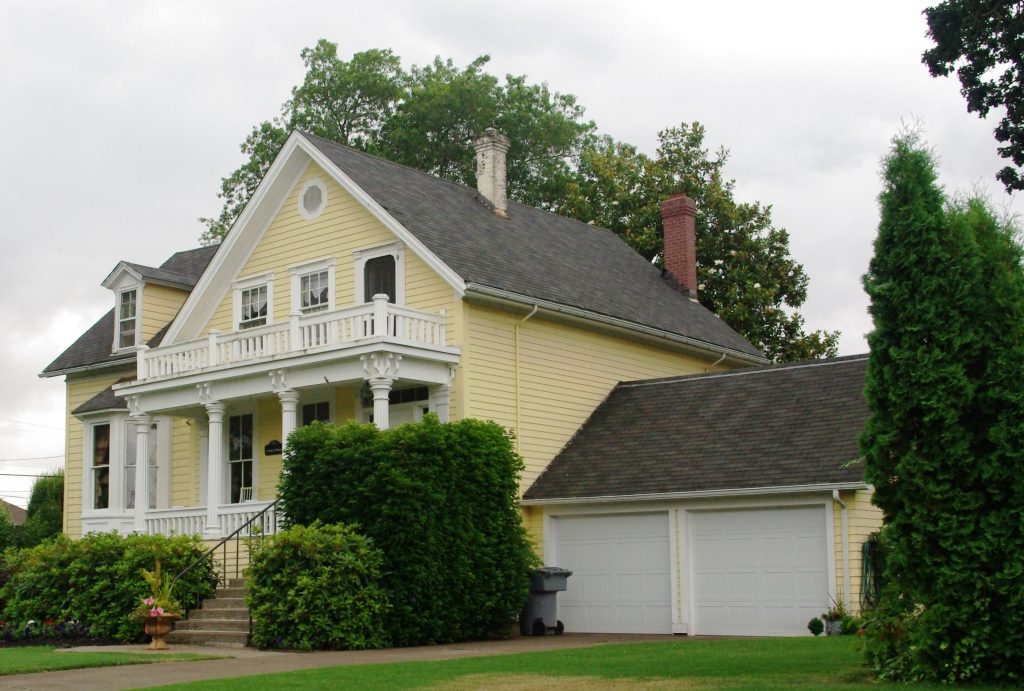In just a few short days, tax season will officially begin. While some early birds prefer to file their taxes as early as possible, taxpayers should carefully consider which tax exemptions they might be eligible for.
A commonly overlooked fact is that many home improvements are tax deductible. If you completed any of the following home improvement projects within the last year, you could receive a larger tax refund than previously expected:
Home Improvements for Medical Reasons
It is common knowledge that medical expenses can be claimed on your taxes — but did you know that home improvement projects can also qualify as a medical expense? If the costs of the renovation exceeds ten percent of the homeowner’s adjusted gross income, it could qualify as a deductible expense.
There are several kinds of home improvement projects that can qualify. People with handicaps or disabilities often need to have special equipment installed, or modifications to make the home more accessible. Entrance ramps, widened doorways, railing, and lifts can all qualify as tax deductible expenses.
There are some caveats. The expenses must be itemized, and they cannot be claimed if the homeowner has already claimed the standard deduction. Furthermore, the amount that you can deduct is limited by the increased property value gained through the improvement; if the renovation bolsters the property value of the home, you cannot claim the amount that the property value is increased by.
Green Renovations
Some renovations can greatly increase energy efficiency at home — and the government wants your home to be more fuel efficient. Not only are home improvements designed to bolster energy efficiency great for environmentally conscious households, they can also qualify for tax credits.
Some additions that may qualify as tax deductible green renovations are solar panels, central air conditioning systems, and even small wind turbines. For projects like these, deductions ranging from a few hundred dollars to several thousand dollars could be dispersed, depending on the cost of the improvement.
While planning for the year ahead, homeowners should determine if future home improvement projects are eligible for tax deductions.
Energy efficient additions or renovations are always helpful in the long run, but the list of improvements that qualify for a tax deduction changes from year to year. It is wise to research whether or not a particular modifican or appliance is eligible for a deduction or credit at Energy.gov.
Capital Improvements
For those looking towards selling their homes in the near future, it is essential to look into tax deductible home improvements that have improved the value of the property. Capital improvements are renovations that improve the value of the home. When it comes time to sell, these additions can result in a huge payoff on your tax return.
There is a key distinction between a capital improvement and a non-eligible repair: eligible improvements increase property value, while non-eligible repairs merely returns an item to its original condition. So painting the walls, installing since-removed carpeting, or repairing a set of stairs cannot qualify as capital improvements. On the other hand, additions like new rooms or a new water heater may qualify.
While exploring options for securing retirement funds, it is not uncommon for homeowners to settle on selling their property when they retire. Doing an inventory on past renovations that may qualify as capital improvements can lead to an improved financial situation when tax season rolls around. It helps owners ascertain the true property value of their homes and secure a fairer tax return.
Federal, state, and local governments have many reasons for supporting certain home improvement projects. Whether it is for reducing fuel usage or improving the quality of life of handicapped individuals, they may be eligible for tax deductions. As long as the project fits under specific circumstances, the government may reimburse homeowners for the cost of these improvements. By requesting tax exemptions on home renovations, property owners can breathe easier this tax season.
